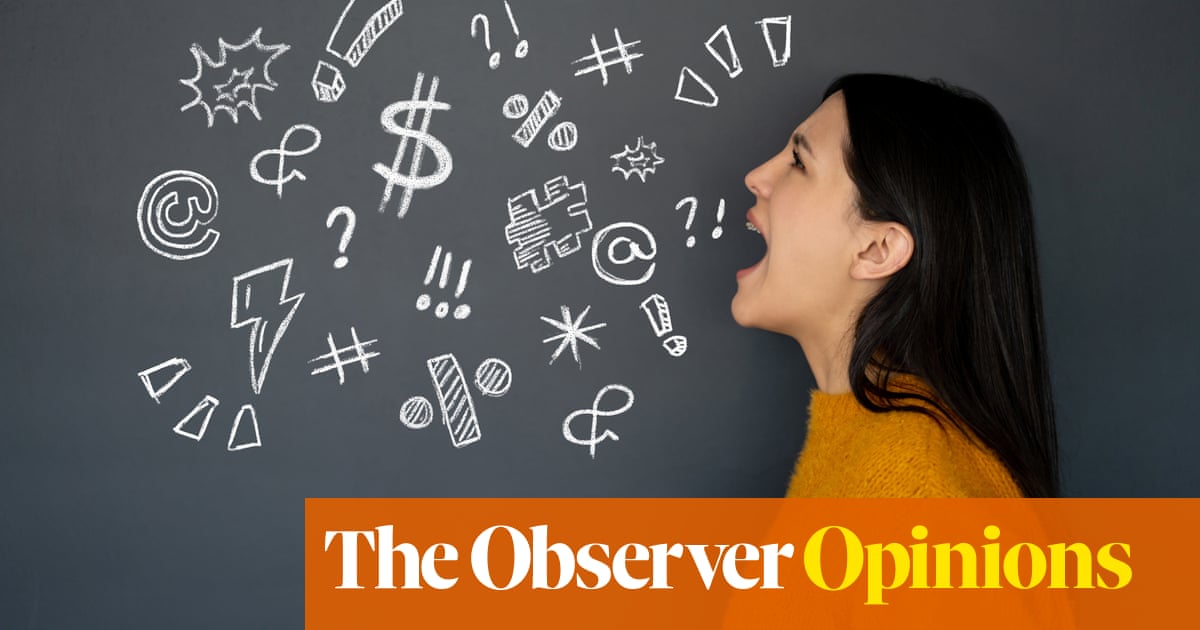
We’re constantly being told to feel good – but feeling bad brings its own kind of power
A transformation will occur. Notice your own impostor syndrome, and in doing so, simply eradicate it. Love yourself with a terrible fierceness, take no shit, eat men like air, and re-emerge from the fragments of femininity, no longer a fallible, questioning person, understandably disturbed by the many pressures of surviving in a distressingly unequal world, but a hair-swishing, strong, modern woman. Or to give her her correct name: a bad bitch. It’s bad enough being told how to look and how to behave; must we also be told how to feel? Am I alone in feeling utterly exhausted by this insistence on positivity, on confidence? This pretending that everything’s fine?
The whole thing – the focus on confidence, on joy, on happiness – feels equal parts flattening and insane. Flattening because it is human to feel sad, and to accept feeling sad, and frustrated, and incapable of some things. It is healthy, and it is a clear, if uncomfortable, sign we are alive. To try to eliminate these feelings or, worse, deny them, leaves you unwhole. Leaves you lonely and disconnected from the world, performing a sort of glittering drag.
The wellness industry thrives because it trades on crises, of mental health and women’s healthcare, but the people buying its products and buying into its messaging are rarely actually the ones affected by these crises. We, instead, are the ones seduced by the idea that life can be perfected; ironed out like a shirt. That something like “empowerment” can become fact simply by saying the word out loud. And it feels insane because it is appropriate to feel bad sometimes, worried sometimes, guilty even. It is necessary. It is a result of things like grief, inequality and empathy, rather than, say, “gluten”. In our governments, in our homes, inside our bodies, terrible things are happening, and we are – or we feel, or are made to feel – powerless to change them.
Is this an unpopular opinion? Perhaps. It feels bad to feel bad; it is not a state to be welcomed, or sought. But when it arrives, I think it should be met with respect and curiosity, rather than being briskly swept away. Bad feelings and anger, sharpened correctly, can result in bursts of furious creativity. If dread is accurately channelled it has the potential to mutate into a great work of art, or an impossibly clean kitchen. Moments of darkness can focus the mind, and allow us to appreciate the good feelings that sit in between them, barking like puppies.
Another benefit of these bad feelings is that they crack us open, exposing the raw pink inside. They show us what we want, and sometimes who we are. And by acknowledging them, by admitting our lack of confidence, our sadnesses, our multiple daily failures, we can connect with each other in ways that sitting in simple contentment rarely allows. As I write, a debate is playing out over the proposed banning of a planned protest in London, so I am thinking a lot about that feeling of powerlessness, and what we do with it. Marching is one thing. Marching your powerlessness through town, giving it some air, taking your horrors and frustrations on a walk to meet other people’s sadness and grief, finding comfort there, in not doing nothing, in feeling bad, together.












